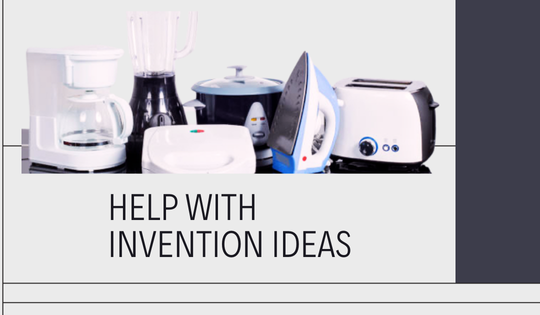Bringing a new invention to the market is an exciting and potentially lucrative endeavor. However, deciding whether to license your invention or pursue manufacturing can be a challenging decision for many inventors. Both options have their own sets of advantages and disadvantages, and understanding them is crucial for making an informed decision.
Licensing Advantages
One option for inventors is to license their invention to a company. Licensing an invention involves granting a company the right to use, produce, and sell the invention in exchange for royalties. By choosing this route, inventors can leverage the resources and expertise of an established company to bring their invention to market. This can be particularly beneficial for inventors who lack the financial and logistical resources to manufacture and distribute their product on a large scale. Additionally, licensing allows inventors to focus on their strengths – invention and innovation – without having to worry about the complexities of production and distribution.
Manufacturing Benefits
In contrast, manufacturing entails taking on the responsibility of producing and distributing the invention independently or through a startup. This option gives the inventor more control over the entire process and allows for a greater share of the profits. Furthermore, manufacturing can lead to establishing a brand and gaining recognition in the market. However, it requires a significant investment of time, money, and effort to set up manufacturing facilities, build distribution networks, and handle marketing and sales.

InventHelp Assistance
In considering the pros and cons of both options, the decision must align with the inventor’s long-term goals and resources. For many inventors, licensing their invention to a company may seem like the most viable option due to the minimal financial risks and the opportunity to tap into the expertise of established companies. InventHelp, a leading invention assistance company, offers services specifically tailored to help inventors bring their products to market through licensing. Their team assists inventors in preparing their inventions for licensing, navigating the licensing process, and negotiating favorable terms with potential licensees.
Independence and Control
On the other hand, some inventors may prefer the independence and potential financial rewards that come with manufacturing their invention. While this route involves greater risks and responsibilities, it offers the opportunity to build a brand, control the production processes, and capture a larger share of the profits.
Making the Decision
It’s important for inventors to carefully weigh their options and consider factors such as their financial resources, time availability, expertise, and risk tolerance. Consulting with professionals such as InventHelp can provide invaluable guidance and support in making this decision. With their extensive experience and industry knowledge, InventHelp invention company can help inventors navigate the complex landscape of bringing inventions to market, whether through licensing or manufacturing.
In Conclusion
The decision to license or manufacture an invention is a critical one that requires careful consideration. Both options have their merits, and the best choice depends on the specific circumstances of the inventor. Consulting with reputable companies like InventHelp can provide valuable insights and support to inventors, ultimately helping them make an informed decision that aligns with their goals and resources.





